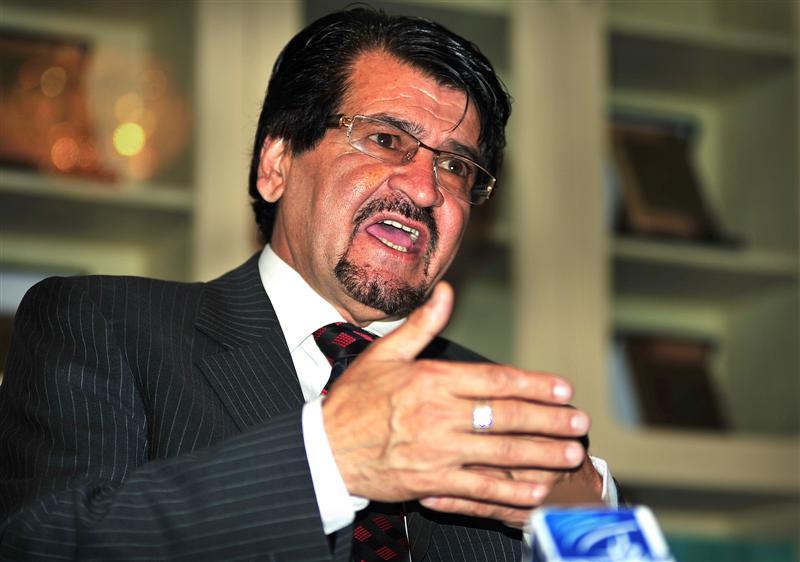KABUL,” Defence Ministry spokesman Gen. Zahir Azimi on Thursday rejected as wrong US top commander Gen. Joseph Dunford’s recent remarks that Pakistan was not taking steps to sandbag the Afghan-led effort.
“I don’t know if there is any credibility to such claims made by Afghan president Hamid Karzai and other officials in the central government’s leadership,” Drunford told members of the Senate Armed Services Committee on Tuesday. He said there was little evidence to suggest Pakistan was intentionally sabotaging the Afghan peace process.
But Azimi told Pajhwok Afghan News during an interview that it was not right that Pakistan was not intentional in sabotaging the reconciliation process.
He said Islamabad had either killed or arrested a number of senior Taliban leaders who showed willingness to arrive at the negotiation table with the Afghan government.
But the four-star American general told the US Senate that Karzai’s accusations against Pakistan highlighted “the very deep mistrust that currently exists and has historically existed between Pakistan and Afghanistan.”
“These remarks are not correct,” said Azimi, who added Pakistan had never extended its sincere cooperation to the Afghan reconciliation effort. He said Islamabad’s promises had always been proved “false” in this regard.
He said Pakistan was creating problems for Afghanistan to make peace with the rebels and had been opposed to the country’s stability.
He said Gen. Dunford had acknowledged that terror safe havens in Pakistan posed a serious threat to Afghanistan’s peace and stability.
“I ask if the Taliban have safe havens in Pakistan then why no action could be taken against it for harboring insurgents, and if insurgents are in Afghanistan then what for these thousands of international troops here,” Azimi said.
Pakistan has already walked away from Afghan-led peace talks with the Taliban, cancelling efforts to fly Taliban representatives from the country to Doha to participate in the talks.
White House officials had hoped to fast-track Taliban peace plan, saying a deal would be “absolutely essential to bringing the war to a responsible close.
Islamabad’s decision to back away from the talks served a huge blow to the Obama administration’s postwar plans.
Roughly 66,000 American troops remain in Afghanistan, with half of those forces scheduled to withdraw from the country this spring.
The final 32,000 American forces remaining in country will start going home following the presidential election in April 2014 — officially ending America’s combat role in Afghanistan.
Islamabad’s demand that Kabul cut all ties with Pakistan’s long-time foe, India, as well as immediately sign a military cooperation pact with Pakistan was a clear sign that Islamabad was not ready to make a deal, Afghan officials said in March.
“When optimism was prevailing about Pakistani attitudes, our human intelligence suggested that – on the ground – this optimism was not well-founded, and unfortunately we were proved right,” a senior Afghan government official told the Guardian that month.
But Dunford did hold out the possibility that Afghan-Pakistan cooperation on a Taliban peace plan could be salvaged.
“If we can bring that relationship together in a constructive way and establish a foundation of trust . . . that can be the foundation of something deeper, some strategic partnership that would obviously take years to develop,” he said.
ma
Views: 4









GET IN TOUCH
NEWSLETTER
SUGGEST A STORY
PAJHWOK MOBILE APP